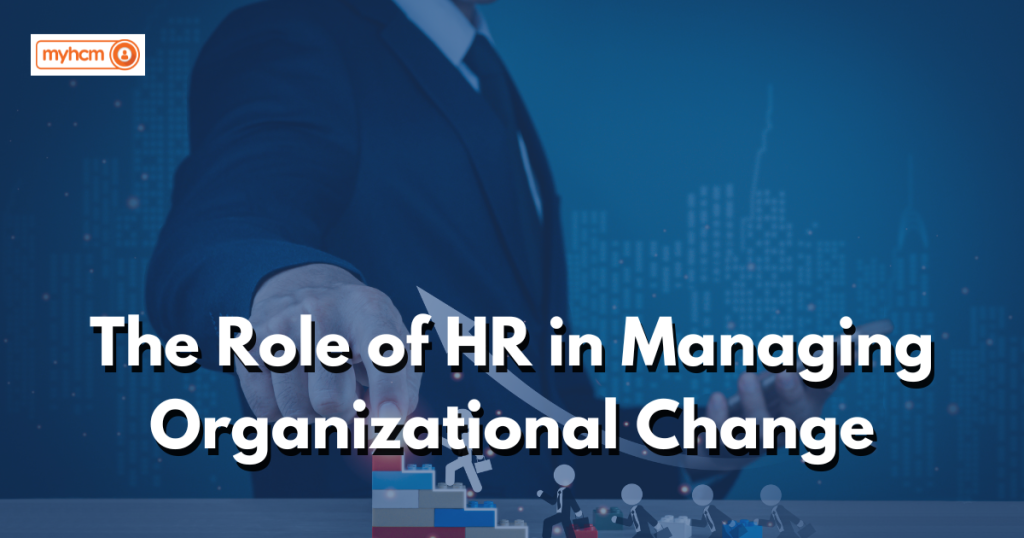Organizational change is inevitable. Companies evolve due to market demands, technological advancements, or internal factors. Managing this change effectively is crucial for maintaining business continuity and employee satisfaction. HR professionals play a pivotal role in guiding organizations through these transitions. Their expertise ensures that the change process is smooth and minimally disruptive. Understanding the role of HR in managing organizational change can greatly impact the success of any transformation.
The Importance of HR in Organizational Change
HR’s involvement in organizational change is vital. Firstly, HR professionals act as change agents. They help employees understand and adapt to new processes or structures. This role is crucial in minimizing resistance and fostering acceptance. Moreover, HR develops communication strategies that keep employees informed about changes. By maintaining transparency, HR helps build trust and reduces uncertainty. Therefore, the role of HR in managing organizational change cannot be overstated.
Strategic Planning and HR’s Role in Organizational Change
Effective change management starts with strategic planning. HR teams collaborate with leadership to outline the change strategy. They identify potential challenges and create mitigation plans. Additionally, HR professionals design training programs to equip employees with new skills. This proactive approach ensures that the workforce is prepared for the transition. Thus, the strategic planning phase is where the role of HR in managing organizational change becomes clear.
Communication Strategies by HR in Organizational Change
Communication is key during organizational change. HR teams develop comprehensive communication plans to address employees’ concerns. They use various channels to ensure messages reach everyone. Regular updates and feedback sessions help keep employees engaged. HR also plays a role in listening to employee feedback and making necessary adjustments. This continuous dialogue helps in managing the emotional aspects of change. Hence, the role of HR in managing organizational change includes mastering effective communication.
Training and Support Systems by HR
Training and support are essential during transitions. HR designs and implements training programs tailored to new systems or processes. They ensure that employees receive the necessary support to adapt. HR also provides resources such as workshops and one-on-one coaching. This hands-on approach facilitates a smoother transition and boosts employee confidence. By focusing on training and support, HR significantly influences the effectiveness of organizational change.
Measuring Change Effectiveness in Organizational Change
Assessing the success of change initiatives is another critical HR responsibility. HR professionals use various metrics to evaluate the impact of changes. They analyze employee feedback, productivity levels, and overall satisfaction. This data helps HR identify areas for improvement and make necessary adjustments. Measuring change effectiveness ensures that the transition meets its objectives. Therefore, the role of HR in managing organizational change also involves continuous evaluation.
Conclusion
In conclusion, HR professionals are integral to managing organizational change. They act as change agents, strategists, communicators, and trainers. Their involvement ensures that transitions are smooth and successful. By understanding the role of HR in managing organizational change, companies can better navigate the complexities of transformation. Effective HR practices not only support employees but also contribute to overall organizational success. If you want to minimize your time taken in HR tasks then check out our this blog Artificial intelligence: AI in HR.

Pingback: Business Management Software: Guide for Modern Businesses - Blogs - MyHCM